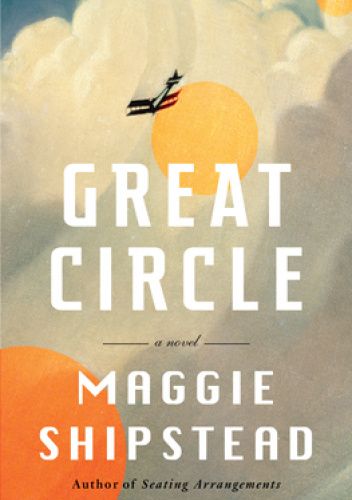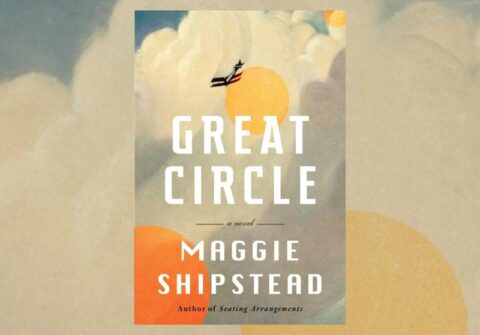

Told in the first person - Marian’s sections are told in the third - Hadley’s share of the novel offers an intimate and biting point of view, combining the worn-out, jaded sheen of Hollywood with the vulnerability of a girl attempting to leave her old self behind.

She might also have a crush on the movie’s backer. She is profoundly lonely, ill advisedly in love with her former co-star’s (and former boyfriend’s) married agent. When we meet her, Hadley is on a path of self-destruction (as many of the best novelistic renditions of Hollywood starlets are). In one of my favorite details, the film is based in part on a journal found floating in its own life preserver in the Arctic, years after Marian’s plane was lost as she attempted to longitudinally circumnavigate the globe. The other main character (though her story doesn’t take up the time or space that Marian’s does) is Hadley Baxter, the recently shamed and fired star of a “Twilight”-esque series of movies, who is set to play Marian onscreen. It’s one of those novelistic origin stories that do not leave space for questions, but Shipstead manages to pull it off.


Her decision to devote her life to flying is immediate and unrelenting: A biplane, “abrupt and magnificent,” swoops down so close to her, “it seemed she could have touched the wheels.” This happens when Marian is 12 - “at an age when the future adult rattles the child’s bones like the bars of a cage” - and, from that point on, a pilot is all she will ever want to be. The first, Marian Graves, is one of the shipwrecked twins. Shipstead’s tale follows the story of two women. But “Great Circle” starts high and maintains altitude. In grad school, I had a professor who used to warn against “starting too high.” She’d hold her arm up in the air and tell us: “If you start here, you have to know that’s where you have to stay.” The start of Shipstead’s book - her third, after “Seating Arrangements” in 2012 and “Astonish Me” in 2014 - is thrilling and complicated, with many different threads laid out and back stories carefully and richly wrought for the next 500-odd pages, I felt the fear I feel when a student’s work starts strong, when other novels open high - knowing that, more often than not, lofty heights can’t be sustained. There is also a brush with death inside a car that’s rusting in the middle of a rushing stream. There’s an orphaned 2-year-old and a father sent to Sing Sing as a result of his choice to save his infant twins from the aforementioned sinking ship. There’s childhood abuse, adultery and a presumed postpartum suicide. Within the first 60 pages of Maggie Shipstead’s “Great Circle,” there are two plane crashes, the beginning of a Hollywood rendition of a plane crash and a sunken ship.


 0 kommentar(er)
0 kommentar(er)
